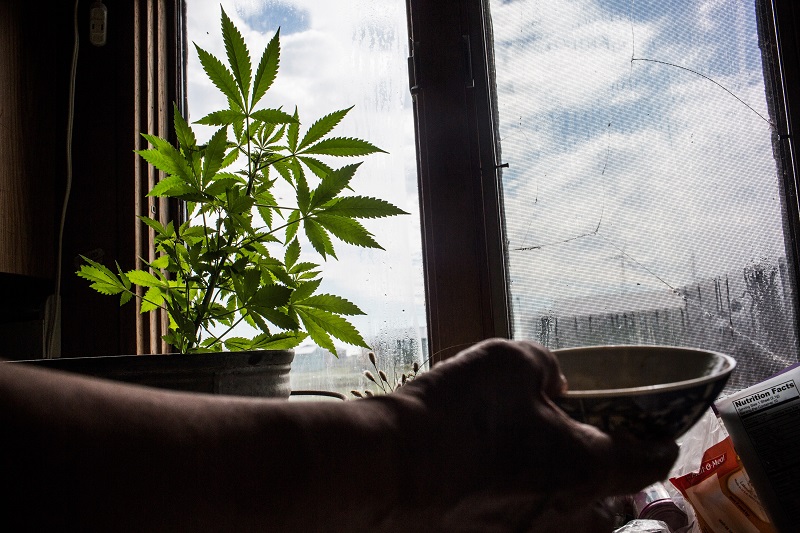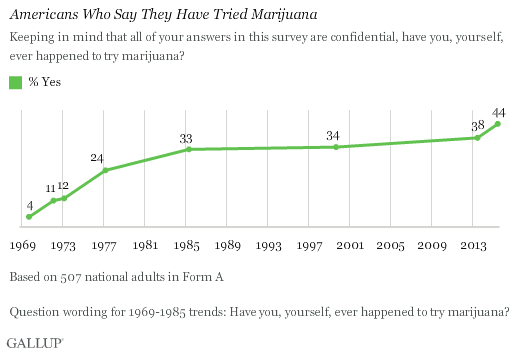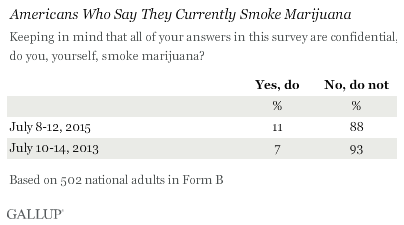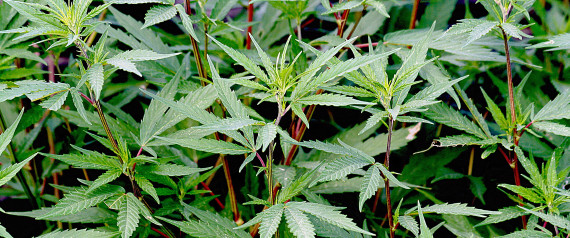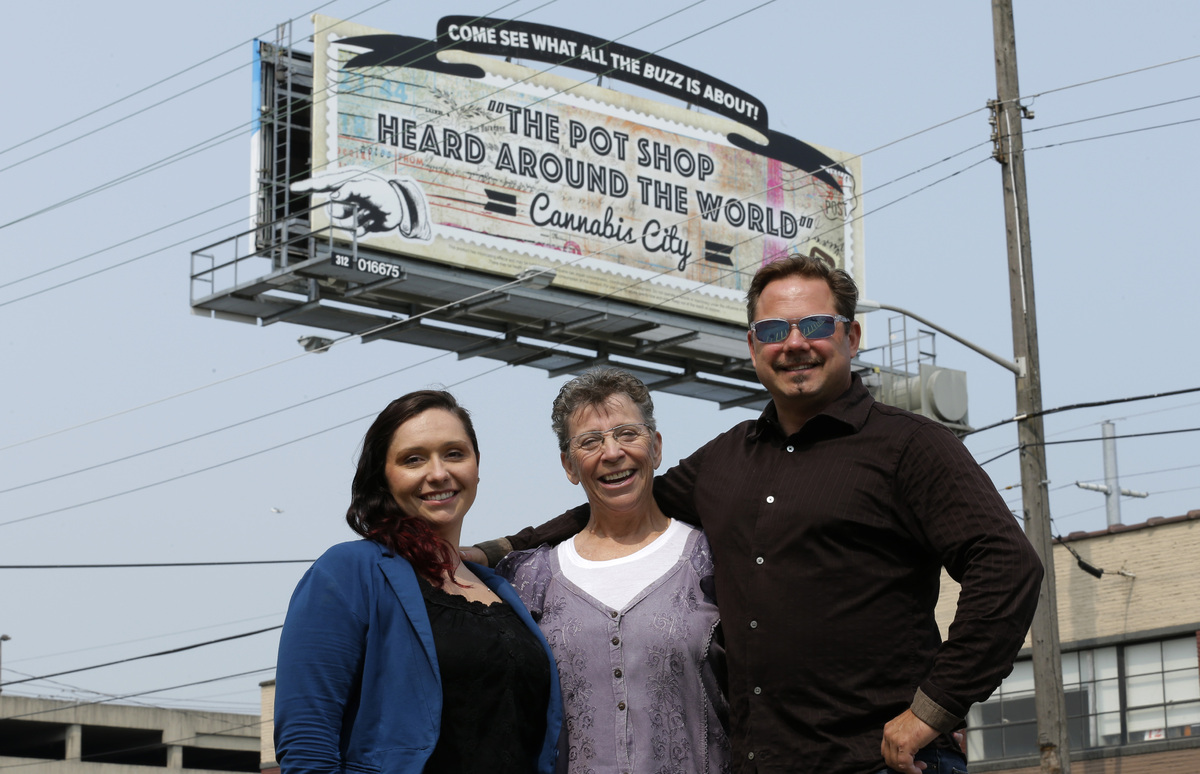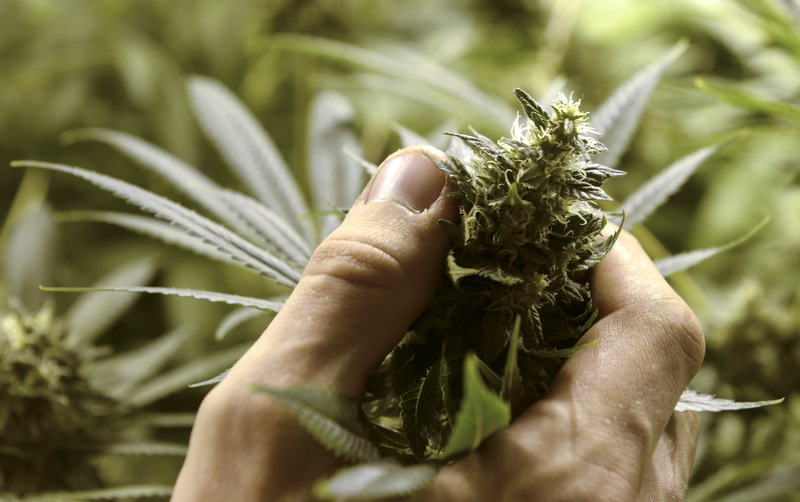Law enforcement
officials in Barnstable are working on an ordinance to stop the sale of
synthetic marijuana that could serve as a model for other towns on Cape
Cod.
Barnstable Police
Chief Paul MacDonald made a presentation to county commissioners on
Wednesday, July 29, outlining the dangers of synthetic marijuana, which
is more commonly known as “spice.” While marketed as potpourri, spice is
laced with unknown chemicals and many users smoke it like marijuana.
Unlike marijuana, however, it is legally sold in stores.
In the past year, police in
Barnstable have run into increasing problems with the use of spice,
specifically by homeless people in downtown Hyannis. The drug has
numerous potential side effects including agitation, anxiety, nausea,
high blood pressure, seizures, hallucinations, psychosis, and suicidal
thoughts, among others. The use of spice by persons in and around the
downtown Hyannis area has become problematic for residents and local
businesses, Chief MacDonald told commissioners.
Spice is sold under numerous
brand names including “Joker,” “Atomic Bomb,” “Geeked Up,” and others.
These products are sold largely in mom and pop stores as opposed to
major chains, with the cost of a package ranging anywhere from $2 to
$20.
“This is a big problem,” Chief MacDonald said. “It’s in every community.”
Spice, which is brought into the
United States from overseas countries including Pakistan and Iran, is
difficult to criminalize due to the flexibility of its chemical makeup.
Chief MacDonald said the federal Drug Enforcement Agency has outlawed 17 different chemical combinations for the sale of spice. However, manufacturers can legally remarket their product by slightly altering the formula, he said.
Chief MacDonald said the federal Drug Enforcement Agency has outlawed 17 different chemical combinations for the sale of spice. However, manufacturers can legally remarket their product by slightly altering the formula, he said.
“The problem is no one knows what
chemicals are being used,” he told commissioners. “A chemist doesn’t
make this, and people who use it have no idea what they’re taking.”
Using an ordinance recently
passed by the police in Berlin, New Hampshire, as its model, the
Barnstable police are working to pass an ordinance banning the sale of
spice in stores. Barnstable County Commissioner Leo C. Cakounes said
that if implemented, other towns on the Cape could adopt similar
ordinances for their towns.
“Once there’s a model out there, the other towns can pick it up,” he said.
Because spice is legal, police on
the Upper Cape say they have not had many incidents regarding the use
of the product in their communities. Detective Sergeant Jonathan
MacDougall of the Bourne Police Department said the department has had
two cases relative to spice in the past year, while police in Sandwich
asked businesses in town to voluntarily stop selling the product three
years ago, according to Sandwich Police Chief Peter Wack.
Still, the accessibility and low cost of spice is problematic, Barnstable County Commissioner Sheila E. Lyons said.
“The thing that’s disturbing is that this is very attractive to children,” she said of the packaging of spice products.
Raymond V. Tamasi, who is the
president and chief executive officer of Gosnold on Cape Cod, said he
would support local towns adopting ordinances banning the sale of spice
in stores.
In light of the region’s growing substance abuse problem, making products such as spice more readily available will not put communities on the right path toward a solution, he said.
In light of the region’s growing substance abuse problem, making products such as spice more readily available will not put communities on the right path toward a solution, he said.
“When you ease access, you run the risk of increasing use,” Mr. Tamasi said.
“There’s a low number of people
taking these fringe substances, but people need to ask themselves, ‘What
do these products do to better our communities?’ ” he added.
Interim Chief Scott W. Carline of
the Mashpee Police Department, for one, said he would support an
anti-spice ordinance in Mashpee similar to the one being proposed in
Barnstable.
“It’s a major concern, the reason
being it can easily get into the hands of kids,” Chief Carline said.
“I’d be glad to review any and all ordinances that will help keep our
kids safe.”
Chief MacDonald said he hopes to pass an ordinance banning the sale of spice in Barnstable by September.

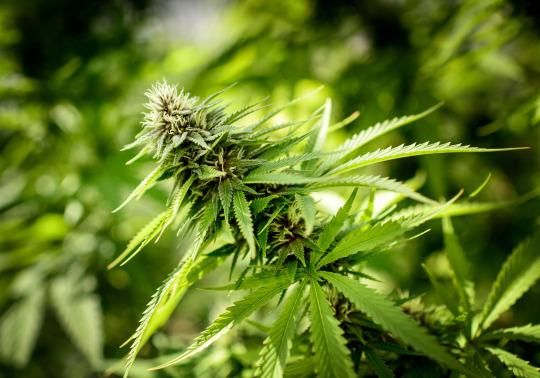
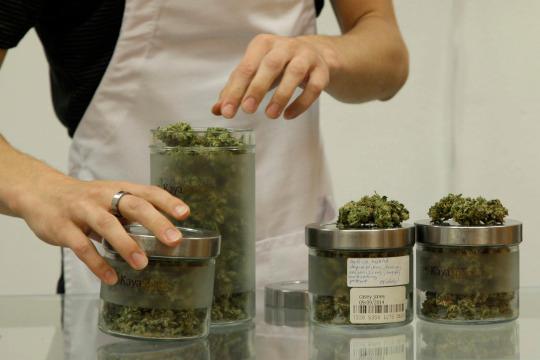

 “Medical
use of cannabis is legal for licensed users in California and 23 other
states. Instead of full legalisation, we have the world’s loosest
medical licensing.” Photograph: Thinkstock
“Medical
use of cannabis is legal for licensed users in California and 23 other
states. Instead of full legalisation, we have the world’s loosest
medical licensing.” Photograph: Thinkstock


